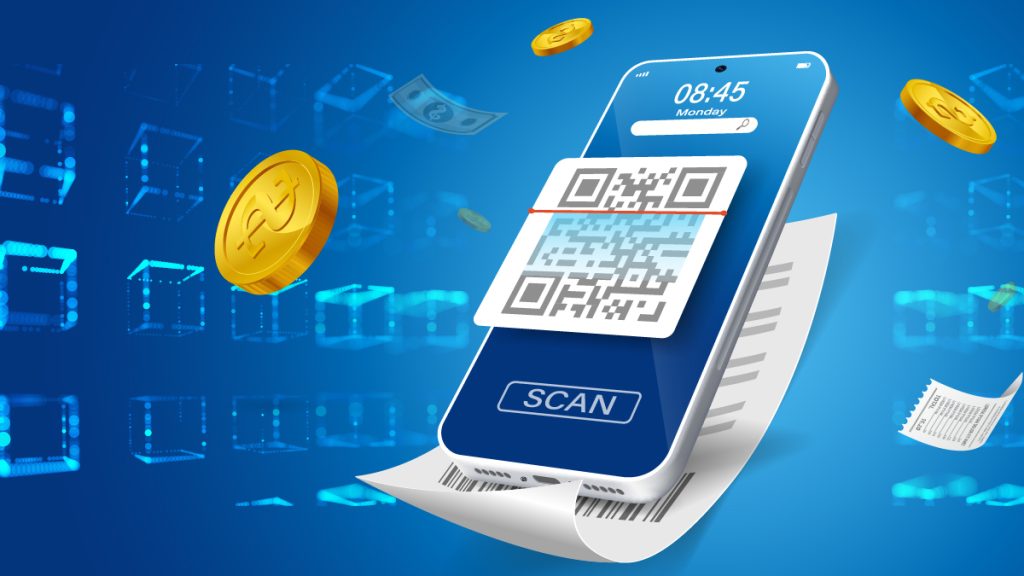
Blockchain is the solution to many issues facing many industries. Many industries employ blockchain to refresh their billing system, and the telecom industry is no different. The budget-cutting advantages of blockchain are well documented. Telcos are jumping on the trend to save money and promote efficiency.
Blockchain Reshaping Telecom Billing
Emerging technologies like Blockchain can help communications service providers (CSPs) establish a solid market presence. Blockchain gives CSPs new opportunities to build databases of verified identities for each client and their associated billing data. This offers consumers unmatched convenience. They are no longer required to frequently give service providers personal information when creating new accounts or selecting new services. These virtual identities also lessen the likelihood of identity theft and invoicing errors, two major billing problems.
Public-private cryptography can create a virtual identity for each subscriber that can be saved as a smart contract and used to resolve billing accuracy issues. These smart contracts can instantly verify and approve a billing settlement from the customer’s side.
Virtual subscriber IDs built on the blockchain also reduce fraud related to roaming. Permissioned Blockchain solutions between visited public mobile network (VPNM) operators require the host network providers and VPNMs to allow roaming to set up micro contracts with network users. The agreements enable continuous updates from each user to the subscribed network provider, enabling prompt billing and invoicing.
Downsides Remain
Despite their advantages, these funding methods have the following disadvantages that make them less than ideal:
Private keys to the funds to make payments:
As impressive as this may seem, it can also become a disadvantage since retrieving your password and accessing your money if you lose or forget it is challenging.
The anonymity of payments:
This vulnerability can be exploited for illegal activities because only network users are informed of transactions made and no one’s identity is disclosed.
No margin for editing info:
Altering info is prohibited because incorrect payment information cannot be readily changed once submitted.
It can prove inefficient
Since only one will profit from this mining procedure, having multiple network users validate the same operations could be more efficient. This procedure, and the fact that many users are carrying out the same action, also suggests significant energy waste and uses environmentally unfriendly technology.
It might lead to layoffs
Since there will no longer be a need for intermediaries, as Blockchain technology is adopted and put into use, all of these intermediation sectors for the validation of payments and processes will inevitably be reduced to the point of disappearing, along with the employment necessary for them.
Concluding Thoughts
Blockchain will save you money, as a business. What about you as a customer? Implementing blockchain solutions can help telcos optimize their budgets and deliver on their tasks cheaper, but is this reflected in customers? Just because we found a way to make payments easier to process for businesses does not necessarily mean the customer is paying less. It might simply lead to them paying more, more efficiently.
Inside Telecom provides you with an extensive list of content covering all aspects of the tech industry. Keep an eye on our Web3 section to stay informed and up-to-date with our daily articles.